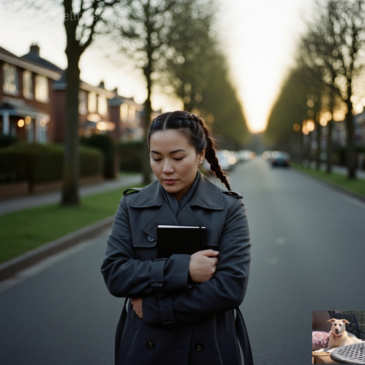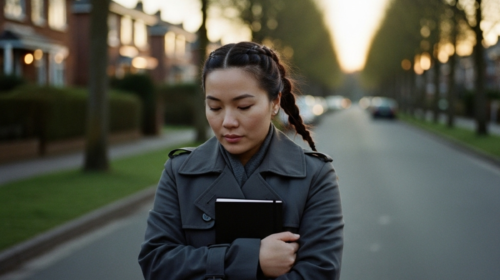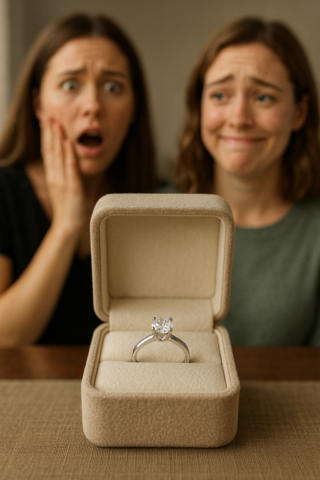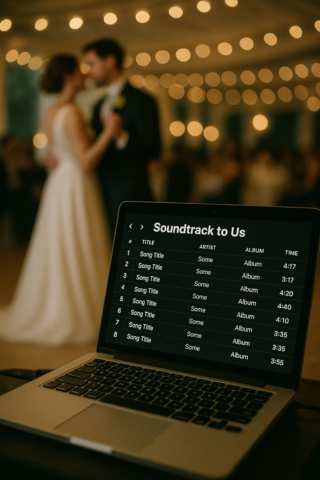It was during an argument about something small—laundry, I think, or dishes in the sink—when Jason said it.
“You’re just too emotional all the time.”
The words hit me like a slap I didn’t see coming. Not because it was the first time I’d heard something like that, but because I’d never expected it from him.
I stood there in our kitchen, heart pounding in my chest, staring at the man I had shared five years of my life with. The man who once called my sensitivity “beautiful.” Now, suddenly, it was too much. I was too much.
I didn’t cry—not then. But I wanted to.
Because the truth is, I’ve always felt things deeply. I cry at commercials. I get choked up when I see someone helping a stranger. I remember words people said years ago—both the kind and the cruel. I can’t shut off my empathy, no matter how many times I’ve been told it’s inconvenient.
I didn’t yell back. I didn’t even respond.

Instead, I grabbed my coat and left.
I walked for an hour around our neighborhood, the evening air cool on my cheeks, my hands shoved deep into my pockets. I didn’t need to call anyone to tell them what had happened. I’d been here before—different face, same dismissal.
“She’s too emotional.”
“She overreacts.”
“She takes everything personally.”
And for a long time, I believed them.
I believed that strength looked like silence. Like swallowing your feelings and smiling anyway. Like brushing it off, letting it go, being “cool” even when your heart was screaming.
But not anymore.
That night, I came home and sat Jason down.
“I want you to hear me,” I said. “My emotions are not a flaw. They’re not a weakness. They are the very reason I love you as deeply as I do. The reason I remember your favorite coffee order, why I notice when you’re upset even when you say you’re fine. I feel. A lot. And that’s not something I’m ashamed of anymore.”
He didn’t know what to say.
And that silence? That was the moment I realized I didn’t need his validation to know my worth.
Over the next few weeks, I started writing again—something I hadn’t done since college. I reconnected with old friends who made me feel safe to be myself. I went to therapy and learned that my sensitivity wasn’t a liability—it was a superpower when used with boundaries.
Eventually, Jason and I ended things.
It wasn’t dramatic. Just the quiet unraveling of something that no longer fit. I walked away without bitterness—only clarity.
Now, when someone calls me emotional, I smile.
Yes, I am.
I care. I cry. I break open when things are hard and rebuild myself every single time.
That’s not weakness.
That’s strength.
Final Thought:
Strength doesn’t always look like silence. Sometimes, it looks like tears, like truth, like choosing to feel everything—even when the world says you shouldn’t. Being emotional isn’t too much. It’s powerful.



